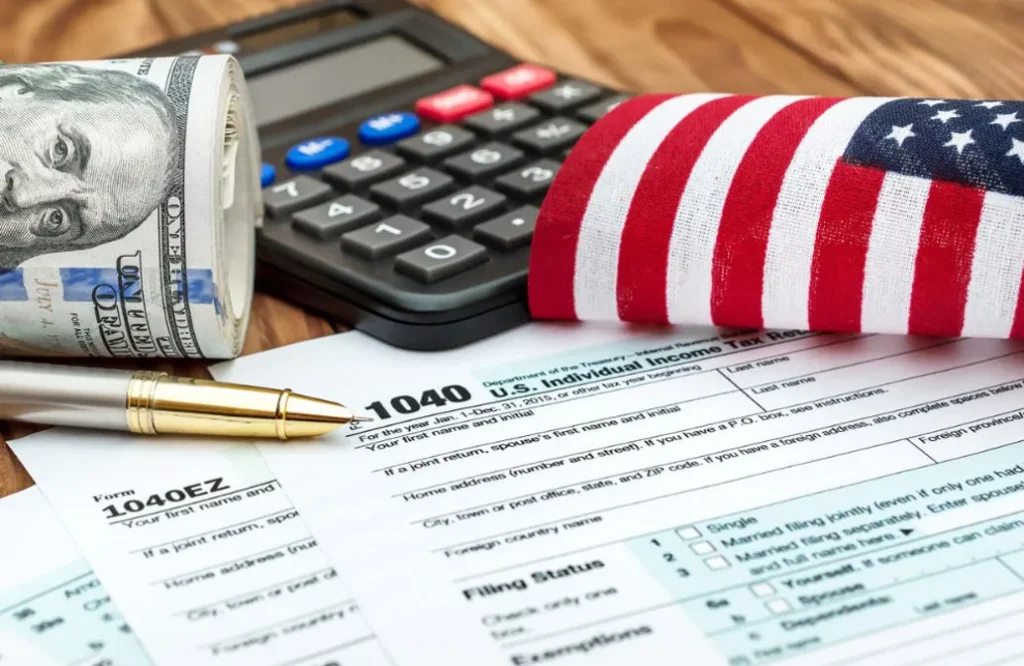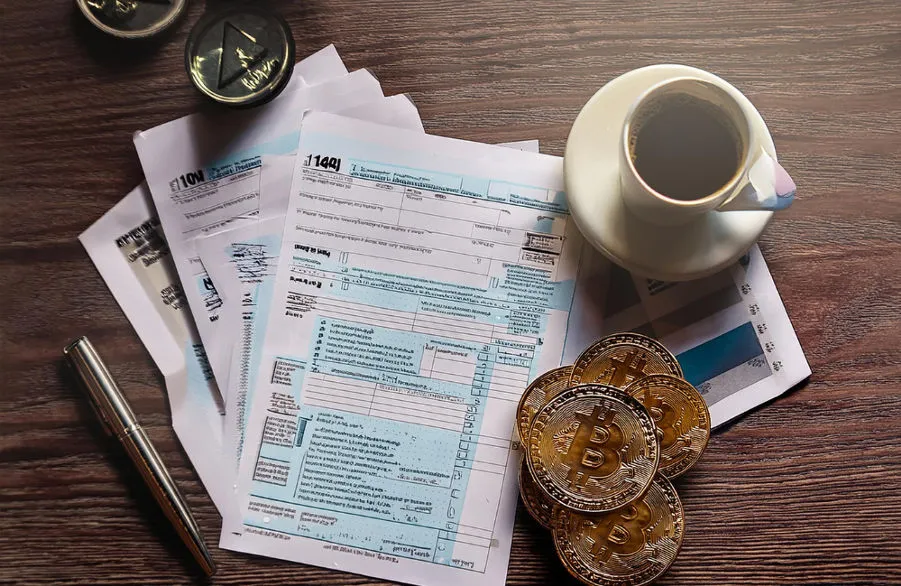Introduction
Thailand, with its open economy and numerous business opportunities available, is a popular destination for foreign investors and business people. While certain occupations are reserved for Thai citizens, there is a wide pool of eligible jobs awaiting foreign professionals in Thailand.
This blog post will explore the job categories that allow employment for foreigners and those prohibited, providing you with a clear understanding of the regulatory framework and empowering you to navigate the job market with confidence.
Key Points
- In Thailand, certain jobs are prohibited for foreigners.
- Foreigners wishing to work in Thailand are required to hold a Non-Immigrant B (Business Visa) and a Work Permit.
- PEO services allow clients to enter Thailand and begin their intended business activities quickly.
- The Long Term Residency Visa allows the holder to obtain a digital work permit.
What are the Eligible Jobs for Foreigners in Thailand?
While Thailand is a popular destination for those looking to move into the Thai market, it’s essential to understand the employment Prohibitions in place to ensure a smooth and compliant professional journey. Certain occupations are designated as “restricted” and reserved for Thai nationals, and foreign workers must possess a valid work permit to engage in any employment. Employers are equally bound by these regulations and cannot hire foreigners for restricted occupations or employ individuals without a valid work permit.
What are the Restricted Jobs For Foreigners In Thailand
As Per Section 7 of the Foreigners’ Working Management Emergency Decree B.E. 2561, there are four categories of jobs that are prohibited for foreigners. The groups are as follows:
- List 1: Strictly prohibited
- List 2: Prohibited with exceptions
- List 3: Exceptions for skilled or semi-skilled workers
- List 4: Exceptions under treaties
Please note, for the purpose of this article and applicable jobs and careers we will only focus on List 1 and 2.
List 1: Strictly prohibited jobs
The main prohibited profession that will apply to a professional under List 1 is,
Providing Legal services or services in legal proceedings, except for the following occupations:
- Performing duties of arbitration
- Providing assistance or representation in the arbitral proceedings if the law applicable to the dispute being considered by the arbitrators is not the Thai law
Please click here for a list of other restricted professions relating to arts and crafts.
- Wood carving
- Driving motor vehicles, driving a non-mechanically propelled carrier or driving a domestic mechanically propelled carrier, except for piloting international aircraft or forklift driving
- Auction
- Cutting or polishing diamond or precious stones
- Haircutting, hairdressing or beauty treatment
- Cloth weaving by hand
- Mat weaving or utensil making from reeds, rattan, hemp, straw, bamboo, bamboo pellicle, grass, chicken feather, coconut leaf stick, fibre, wire or other materials
- Mulberry paper making by hand
- Lacquerware making
- Making Thai musical instruments
- Nielloware making
- Gold ornaments, silverware or pink gold making
- Bronze ware making
- Thai dolls making
- Alms bowl making
- Silk products making by hand
- Buddha images making
- Paper or cloth umbrella making
- Brokerage or agency work, except brokerage or agency working in international trade or investment
- Thai massage
- Cigarette rolling by hand
- Tour guide or sightseeing tour operation
- Peddling
- Manual typesetting of Thai characters
- Silk reeling and twisting by hand
- Clerical or secretarial work
List 2: Prohibited with exceptions
Under List 2, the following professions are prohibited (with certain exceptions) for Foreigners. Please note, the only exception to these restrictions is receiving permission to undertake these activities under international agreements or obligations that Thailand has committed to under relevant laws.
- Controlling, auditing, performing, or providing accounting services, except:
- Occasional internal audit work
- Work under international agreements or obligations to which Thailand is bound, which the Professional Association provides a certificate
- Civil engineering concerning counselling, project planning, design and calculation, construction supervision or manufacturing, inspection, and administration work to organise the system, research, and test, except those registered under the ASEAN Mutual Recognition Arrangement (MRA) and other international agreements.
- Professional architectural work concerning project study, design, construction management, supervision, inspection, or consulting, except for professional architects under the ASEAN MRA for architectural services and other international agreements.
Please note, that while foreigners may not be able to undertake certain positions, they are permitted to be shareholders, directors or general managers of a company. For example, if you were to open a restaurant a foreigner may work as the general manager or marketing manager, while the Thai staff undertake the restricted jobs. Also, for a Law or accounting firm, a foreigner may be a partner or manager and then hire Thai staff to execute the work.
Do you need a visa and work permit once you have engaged in work?
To ensure a full compliance with the Thai employment law, it’s crucial to understand the work permit requirements in place. Before engaging in any work, you’ll need to secure a Non-Immigrant B visa, commonly known as a business visa, and a Work Permit.
Step 1: Obtaining a Non-Immigrant B Visa
The first step is to acquire a Non-Immigrant B visa from the Thai consulate abroad. Typically, this process is handled at the consulate in your country of residence if you don’t currently live in Thailand. Alternatively, you can apply at a consulate in a neighbouring country such as Singapore, Hong Kong, Malaysia, or Cambodia. The Non-Immigrant B visa is initially granted for a three-month period.
Step 2: Securing a Work Permit
Once you have your Non-Immigrant B visa, the next step is to apply for a Work Permit. This process is handled by the Labor Department (or One Stop Service Centre for BOI companies). Upon approval, the Work Permit is granted for a one-year period.
Step 3: Extending Your Non-Immigrant B Visa
Once you have obtained your Work Permit, you can extend your Non-Immigrant B visa to a one-year validity.
It’s essential to note that Thailand has a broad definition of what constitutes “work,” and any activity that falls under this definition requires a Work Permit. Please bear in mind that shareholders or directors of a company are exempt from the Work Permit requirement. However, if a director signs documents on behalf of the company, a Work Permit must be obtained as this is considered work.
Are there any Alternative Solutions?
If you are not eligible for a work permit, the following may be potential options for you to be able to work in Thailand.
The Long Term Residency Visa
The Long-Term Resident (LTR) visa is a 10-year visa that allows foreign nationals to reside in Thailand for an extended period.
There are several reasons why the LTR visa is a good option for those seeking to work in Thailand:
Long-term residency:
The LTR visa allows foreign nationals to live in Thailand for up to 10 years. This is a significant advantage over other visas, which typically only allow for stays of one year or less.
Multiple entry visa:
The LTR visa is a multiple-entry visa, which means that visa holders can leave and re-enter Thailand as many times as they want without having to apply for a new visa.
Work permit:
LTR visa holders are eligible to apply for a work permit, which allows them to legally work in Thailand.
Tax benefits:
LTR visa holders are eligible for a number of tax benefits, including a discounted personal income tax rate.
Professional Employer Organization (PEO)
PEO services are a valuable resource for corporate clients and high-level individuals looking for quick access to the Thai market. A PEO service offers the perfect opportunity for an individual to come to Thailand and begin operations quickly before deciding the next steps, for example undergoing the company registration process for their own entity or company or applying for an LTR visa.
However, when looking to engage a PEO service, the Client and the Service Provider must understand that selling or facilitating a work permit to foreigners in Thailand is prohibited.
Any foreign contractor who engages in a PEO service must be the service provider’s genuine and legitimate employer. It is vital that all parties understand that:
- The Thai entity remains accountable for the actions of the foreign contractor.
- The foreign contractor must follow the Thai entity’s HR policies and work rules.
For more information about how our PEO service can help you, please take a look at our post here.
Our Thoughts
While Thailand is open to foreigners obtaining jobs, there are a lot of restrictions in place. In such a situation a Professional Employer Organizations (PEOs) could be a suitable alternative to help you get started. PEOs offer a dependable and efficient way for businesses to begin operations and limit their initial risk when entering the Thai market, providing the PEO service is legitimate.
PEOs have garnered significant interest among clients seeking to begin business operations in Thailand swiftly. PEOs offer a strategic entry point, enabling individuals to get started and, later, register a company or undergo the LTR application process.





